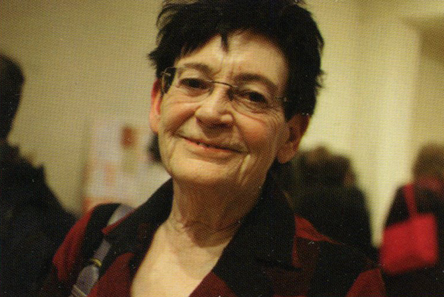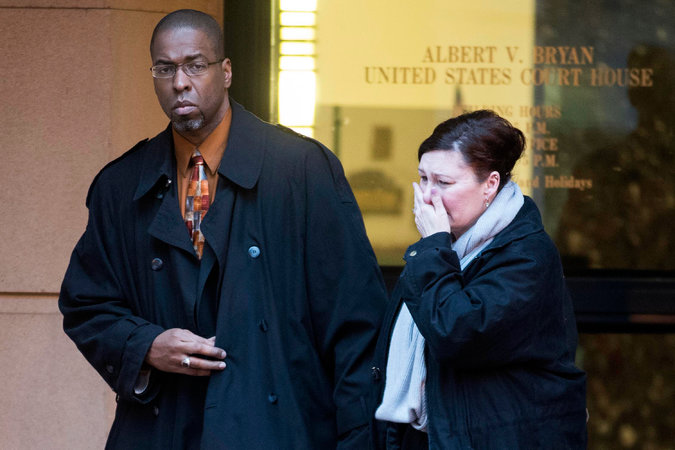 Costas Panayotakis is associate professor of sociology at the New York City College of Technology of the City University of New York and author of Remaking Scarcity: From Capitalist Inefficiency to Economic Democracy. He has been published in numerous journals including Monthly Review and Capitalism Nature Socialism. Below are his thoughts on the EU referendum that are an addition to today’s release.
Costas Panayotakis is associate professor of sociology at the New York City College of Technology of the City University of New York and author of Remaking Scarcity: From Capitalist Inefficiency to Economic Democracy. He has been published in numerous journals including Monthly Review and Capitalism Nature Socialism. Below are his thoughts on the EU referendum that are an addition to today’s release.
“The Brexit vote may have partly been an expression of right-wing xenophobia but it is also an expression of disgust across the continent with the neoliberal monstrosity that the EU has become. It remains to be seen, of course, whether the result will be honored. In the past, European political and economic elites have often ignored referendum results they didn’t like by cranking up Pro-European propaganda and repeating the referendum so that the sovereign people could ‘correct’ their mistake.”





